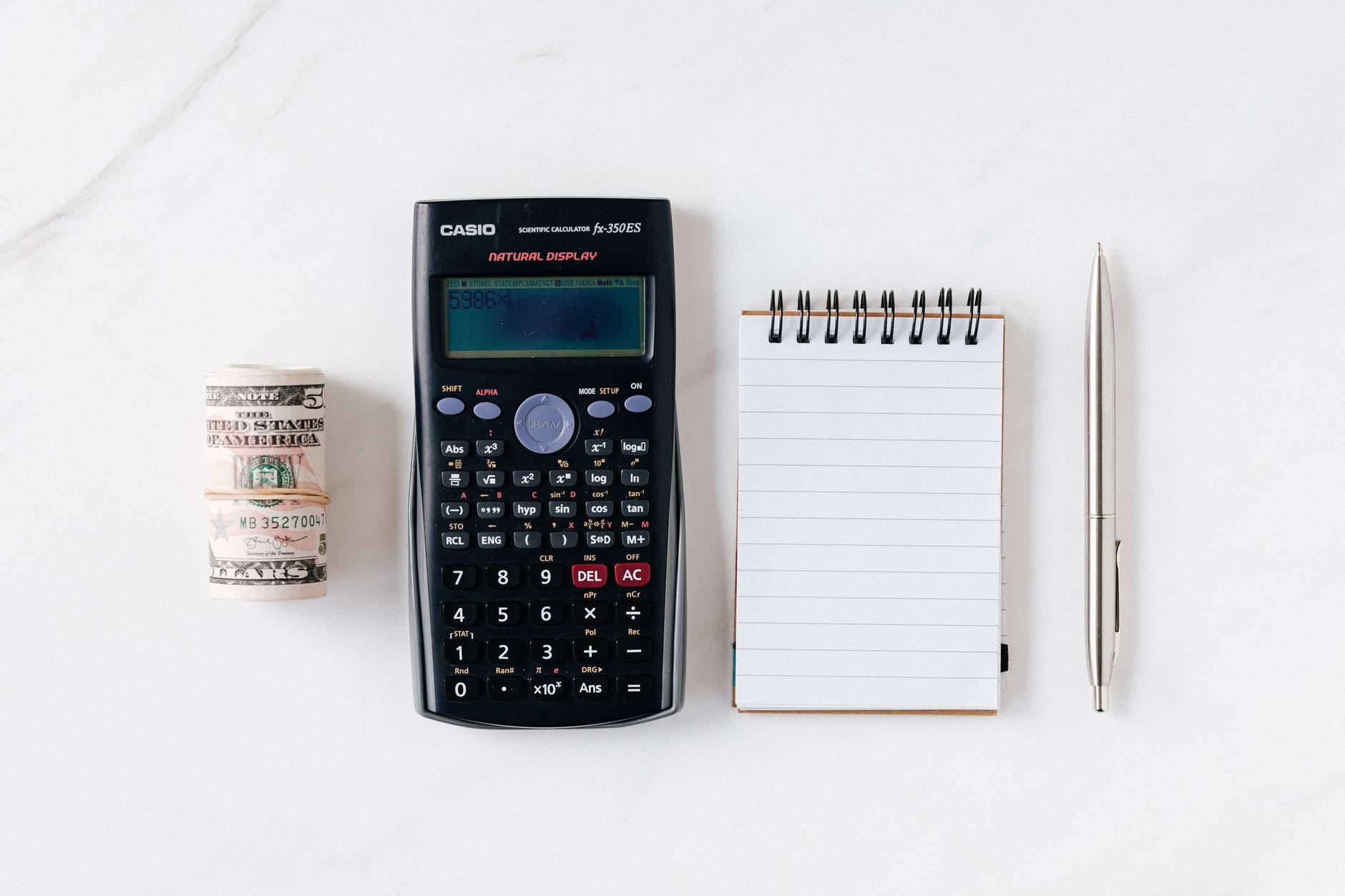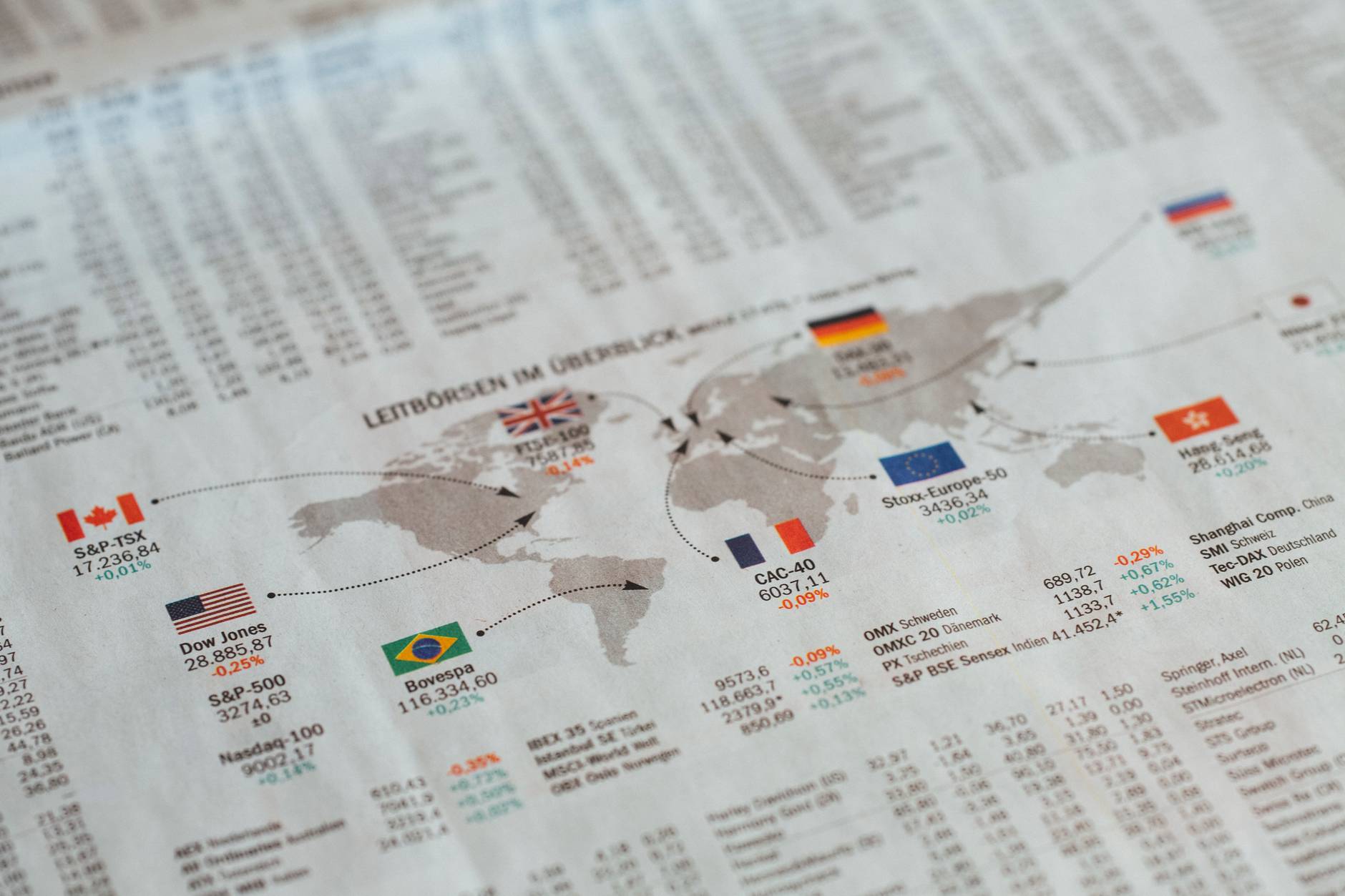1-877-HALAL-WW (+1-877-425-2599)
Halal Investing: 8 Essential Tips for Muslims to Make Smart Financial Decisions

As Muslims, we strive daily to level-up our spirituality, as it is essential for our salvation in this world and the Hereafter. Concurrently, we have a need for material goods, just as much as we need the financial means to pay for them.
In fact, Islam as a religion speaks in-depth about material issues. A common prayer that Muslims make is "Our Lord! Give unto us in the world that which is good and in the Hereafter that which is good, and guard us against the doom of Fire" (2:201). (رَبَّنَا آتِنَا فِي الدُّنْيَا حَسَنَةً وَفِي الْآخِرَةِ حَسَنَةً وَقِنَا عَذَابَ النَّارِ). In Surah Qasas, Allah says "And do not forget your share of the world" (28:77). (وَلَا تَنسَ نَصِيبَكَ مِنَ الدُّنْي)
Both the supplication and the Quranic verse indicate that seeking material prosperity in this life is not sinful in and of itself. However, we must operate within the Islamic ethical and religious confines. To achieve this, every Muslim must make smart financial decisions.
Furthermore, Muslims can seek wealth ethically, enjoy their wealth, and the pleasures of life, but should never let this distract them from seeking the good of the afterlife. In this post, we will be providing you with some essential tips to help Muslims make smart financial decisions.
Construct a Financial Plan
When it comes to financial matters, proper planning is of paramount importance. Muslims should make a personal financial plan or budget. The purpose of a financial budget is to help us determine where our money is actually going. Also, a budget will help us determine how we can settle debts and minimize unnecessary expenses. With this, we can spend our money more wisely.
Avoid Buying Unnecessary Stuff
Another smart financial decision we can make as a Muslim is to avoid buying things we do not need; learn to differentiate between the essentials: our wants vs. our needs. Identify those things that we can do without. It is best to cut spending on frivolities as much as possible. The moment we stop making unnecessary and ultimately unsatisfying purchases, we can expect our finances to improve.
Reduce Borrowing
Unless it is crucial, avoid borrowing money. Moreover, Islamic Law frowns upon loans, as many contain interest.
Jabir ibn Abdullah narrated: "Allah's Messenger cursed the accepter of interest and its payer, and one who records it, and the two witnesses; and he said: They are all equal" (Muslim).
Even if some loans do not contain interest, as a rule of thumb, try not to borrow unnecessarily. By reducing our borrowing, we will be able to shift our attention to more beneficial things, instead of worrying about paying off debts.
Shop Less: Do Not Make Shopping an Activity
Unfortunately, many Muslim families have turned shopping into a recreational activity, looking forward all week to visiting the mall on Saturday mornings. We can drastically save money by cutting down on the amount of time we spend in the malls.
As a smart financial decision, make it a rule not to visit the local grocer or mall unless it is out of dire need. When one does shop, always go with a list. Shopping without a list can easily us into buying what we do not need or going over our budget. With a list in hand, we can shop with more focus without getting sidetracked by marketing tactics.
Instead of going to the mall to spend time with family, try out other activities such as going to a weekly halaqah at the local masjid, or picnicking at the park, playing sports, or reading together.
Save a Portion of Income
By saving a portion of our income, we will be able to secure a reliable financial backup. While saving has nothing to do with hoarding money, it is about spending smartly. Life is unpredictable; financial curve-balls and emergencies often occur when least expected. When this happens, savings can be a form of financial relief.
We find a beautiful example in the story of Prophet Yusef, where as the financial czar of Egypt, he saved crops to prevent famine in the city during the years of drought. To prevent financial instability, save responsibly.
Resist the Urge to Keep Up
The accumulation of material goods is rife, even amongst Muslims. The pressure to keep up with the possession of stuff is another form of mental and modern slavery. If the pressure to keep up is too much, we need to change our social circle and adopt a new paradigm for the way we view money. Once we do this, we will not have to feel the need to update our cellphones or buy the latest car.
Give Sadaqah (Charity)
As Muslims, we need to give out Sadaqa to those who are less fortunate. By giving out our wealth, we do not lose anything; on the contrary, we gain. The Quran says "The example of those who spend their wealth in the way of God is like a seed [of grain] which grows seven spikes; in each spike is a hundred grains. And God multiplies [His reward] for whom He wills. And God is all-Encompassing and Knowing"(2:261). We need to ensure that we are always on the lookout for opportunities and organizations that require donations.
Halal Investing in Retirement Plans and Stocks
As Muslims, we need to make sure that our investments are in accordance with Islamic principles.
To remain Sharia-compliant, Muslim investors need to share that whether there is a profit or loss, it should not accrue any interest.
Lets take a brief look at what is Islamically acceptable in the following investments:
Stocks & CDA Stock:
For Muslims, the most current stocks are not suitable to invest in due to the presence of interest returns. While trading in the majority of common stocks is restricted, there are many other ethical stocks that are halal compliant, such as The Amana Income Fund, founded by Unified Management Corporation, Indianapolis, IN, in 1986, which are managed according to Islamic principles.
401(k) Stack/Retirement Plan:
Muslim retirement account investors must not violate Islamic Law. To remain Islamically compliant, Muslims need to use the self-directed IRA or Solo 401(k) plan. These plans allow Muslims to have greater control over their retirement accounts.
Roth IRA:
Individual Retirement Accounts (IRAs) allow Muslims to save tax-free towards their retirement. Contributions on Roth IRA are never tax-deductible. Since it is a Sharia-compatible mutual fund, it can be added to one's retirement portfolio.
Before investing, Muslims should concern themselves with seeking halal investment options. Many of the investment opportunities available today involves companies that sell either haram products or ingredients. As Muslims, we need to invest in companies that are ethical and interest-free.
There you have it! Above are some insightful tips for Muslims to make smart financial decisions. Making wise financial decisions ensures that we can save from our wealth, and in turn, instead of acquiring endless material possessions, we will also be saving precious time that we can dedicate to other things. By following the tips providing above, we will be able to live within our means and save for financially challenging periods.













